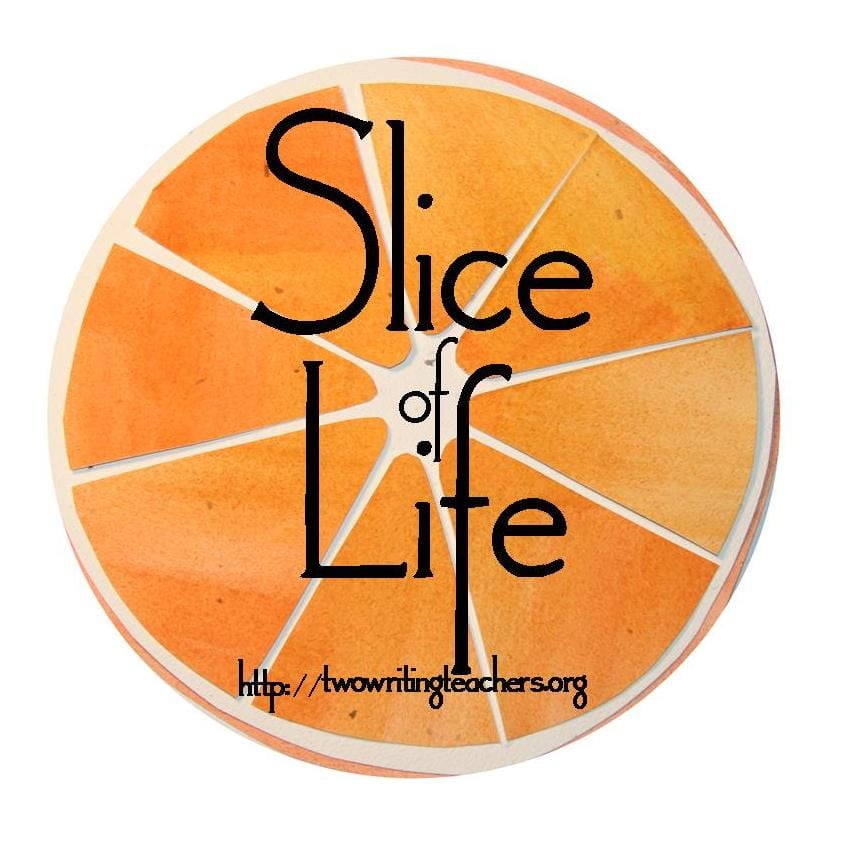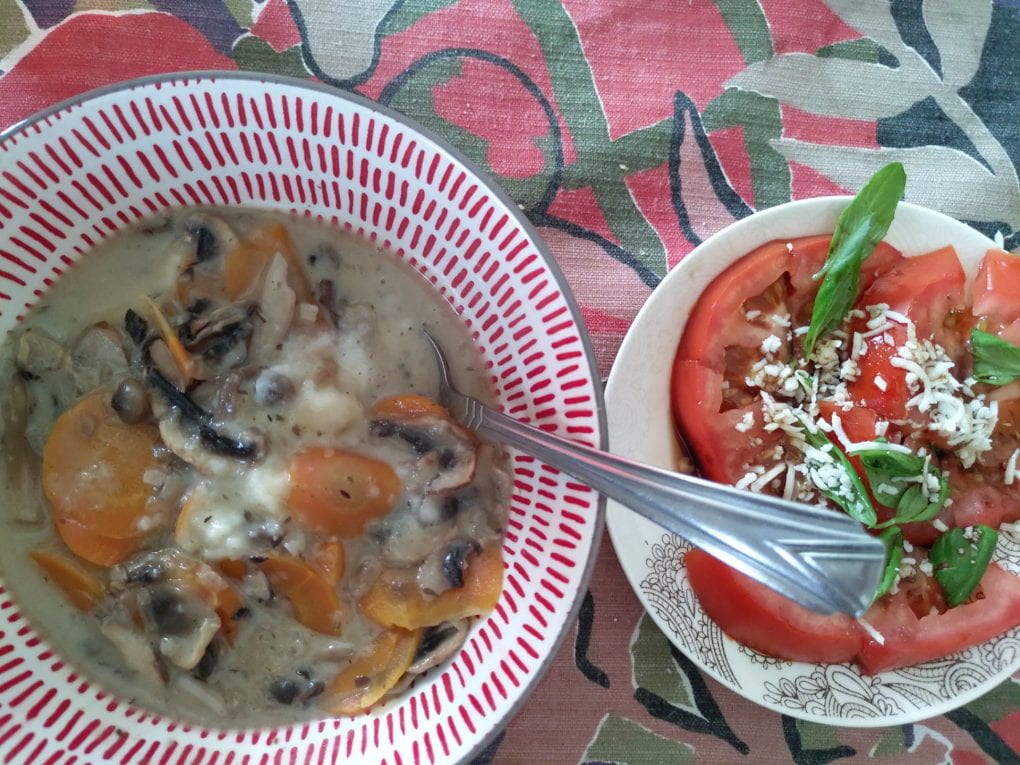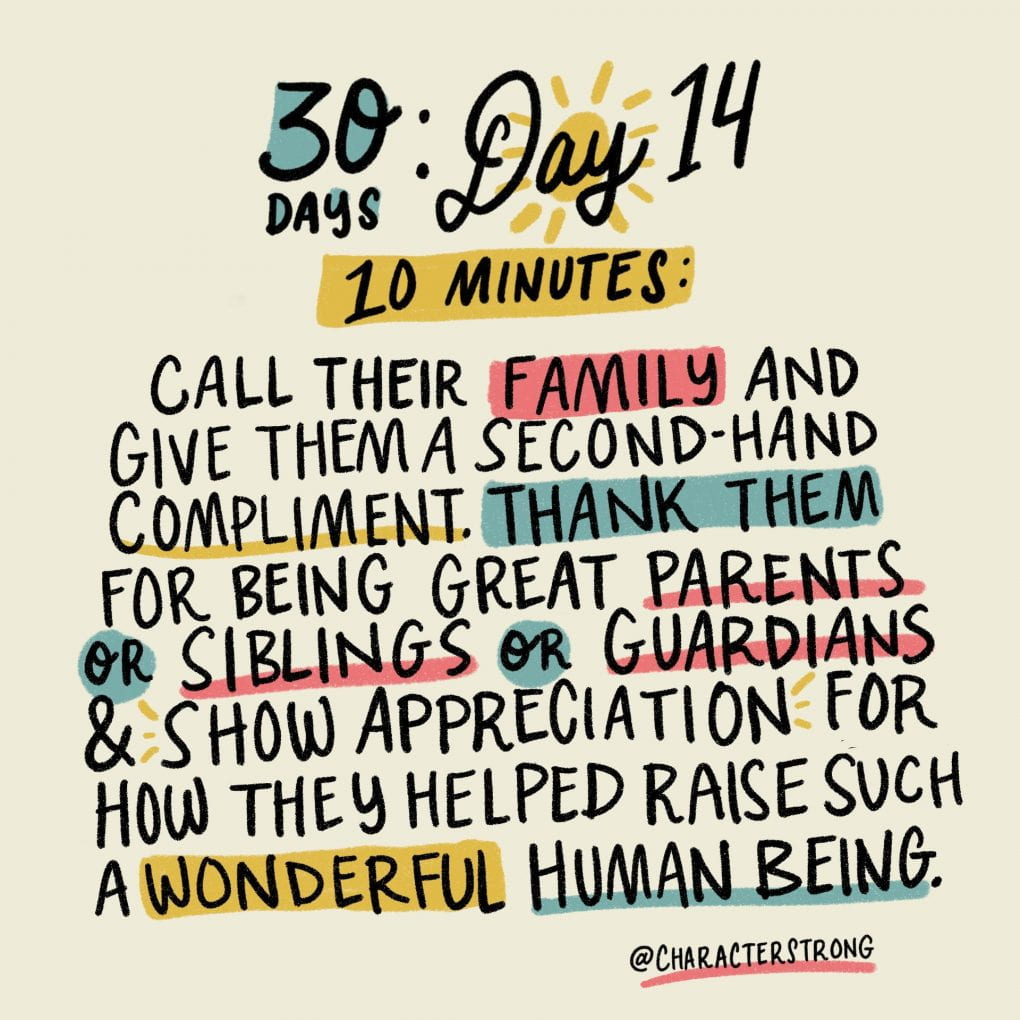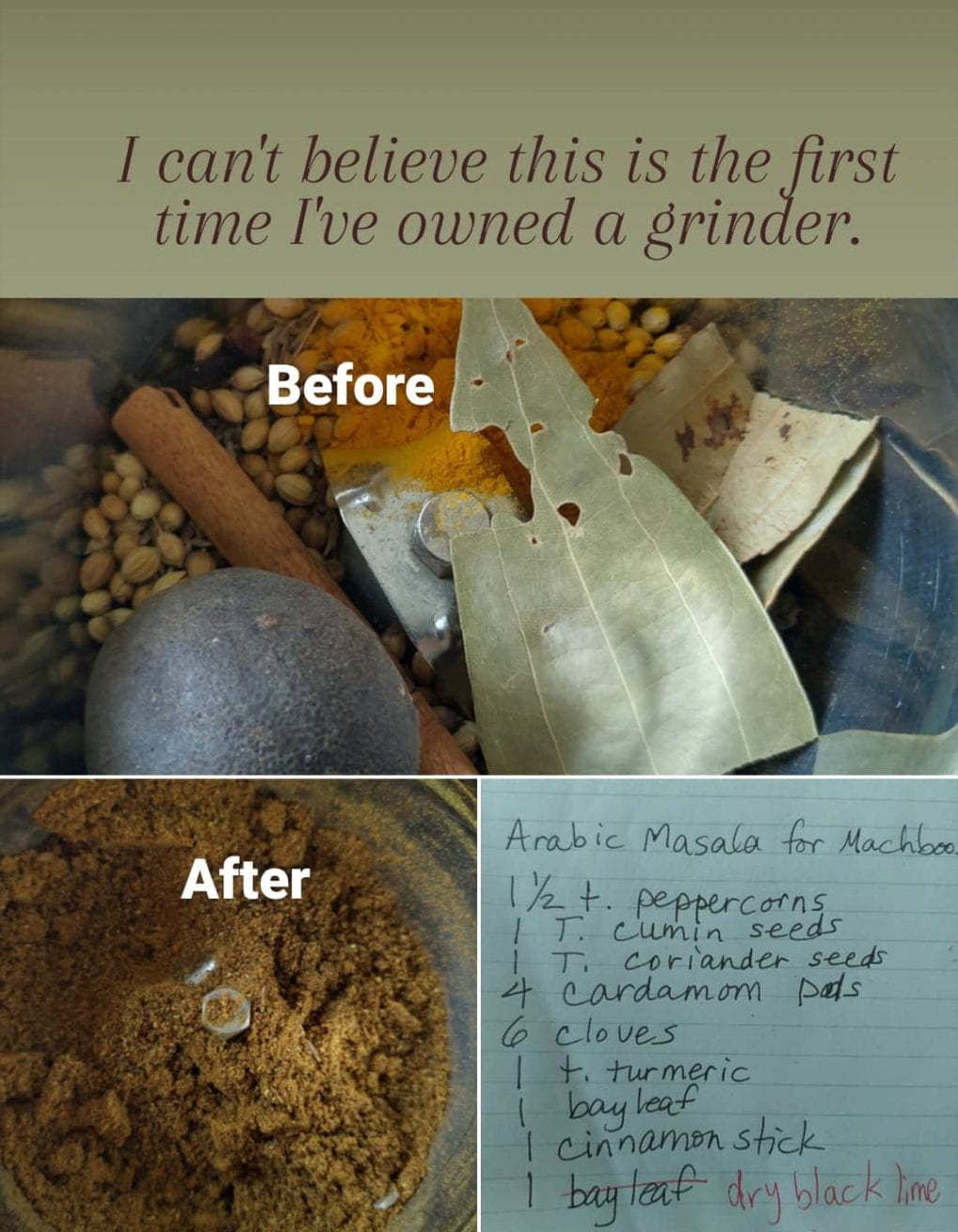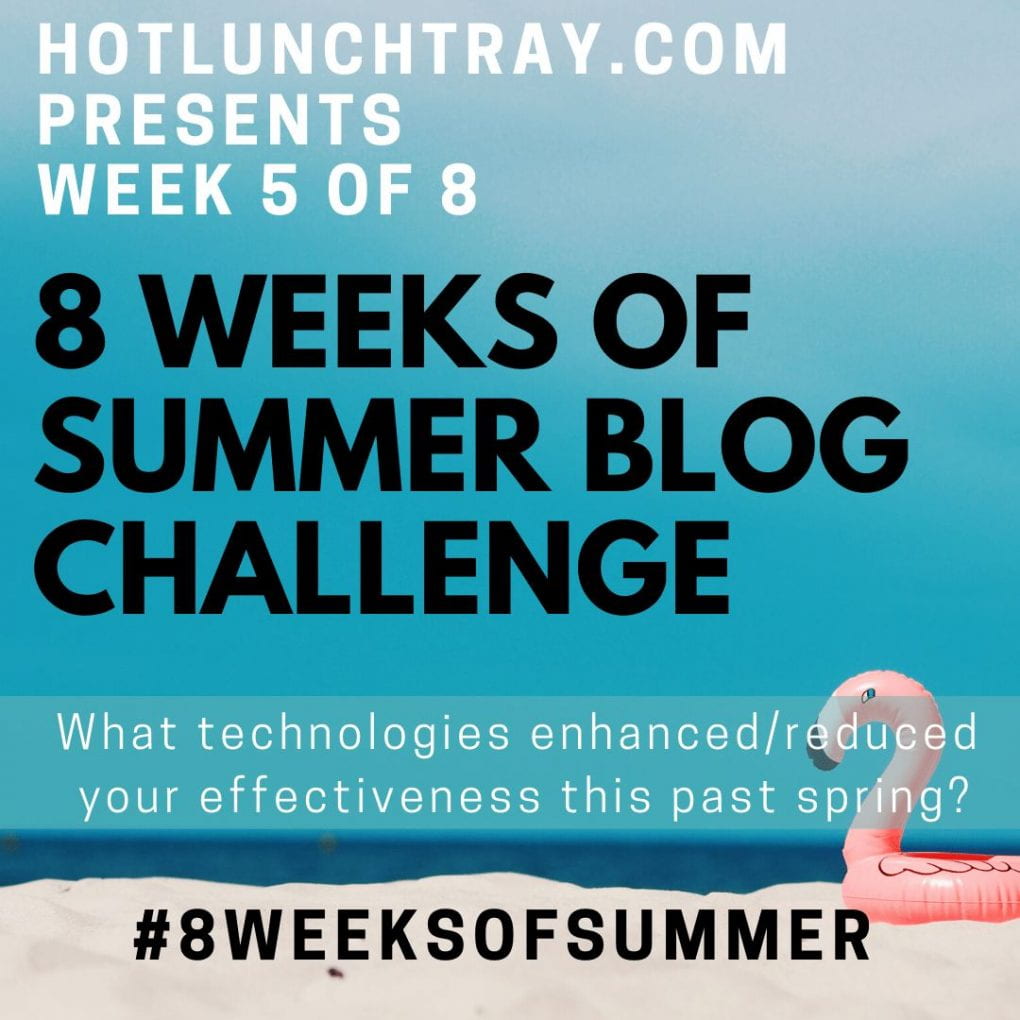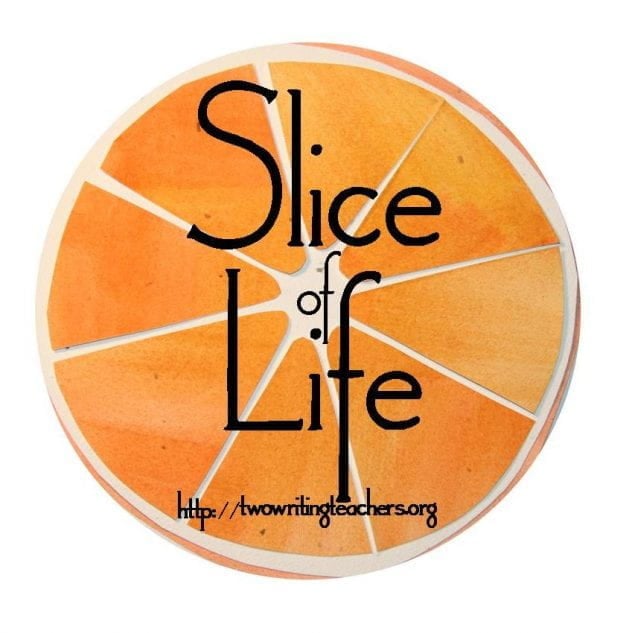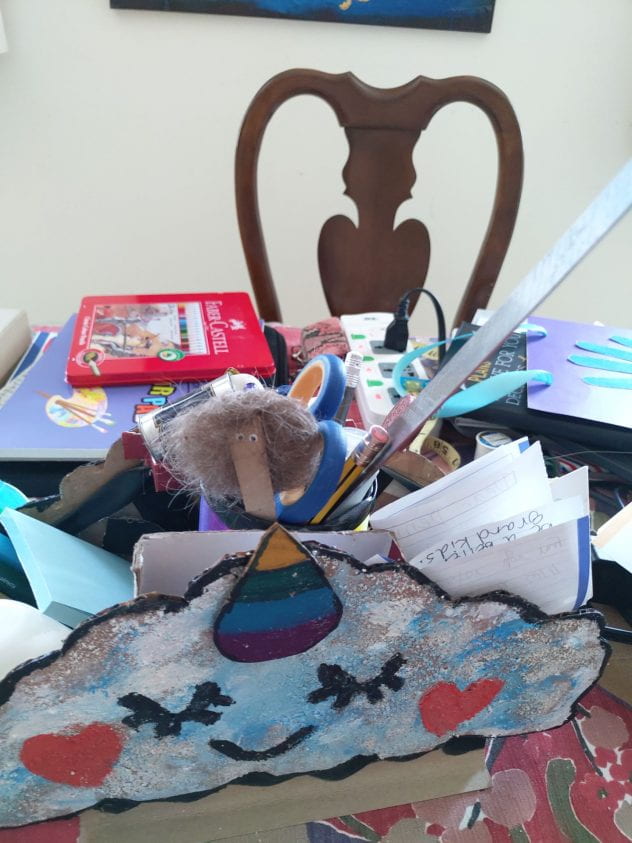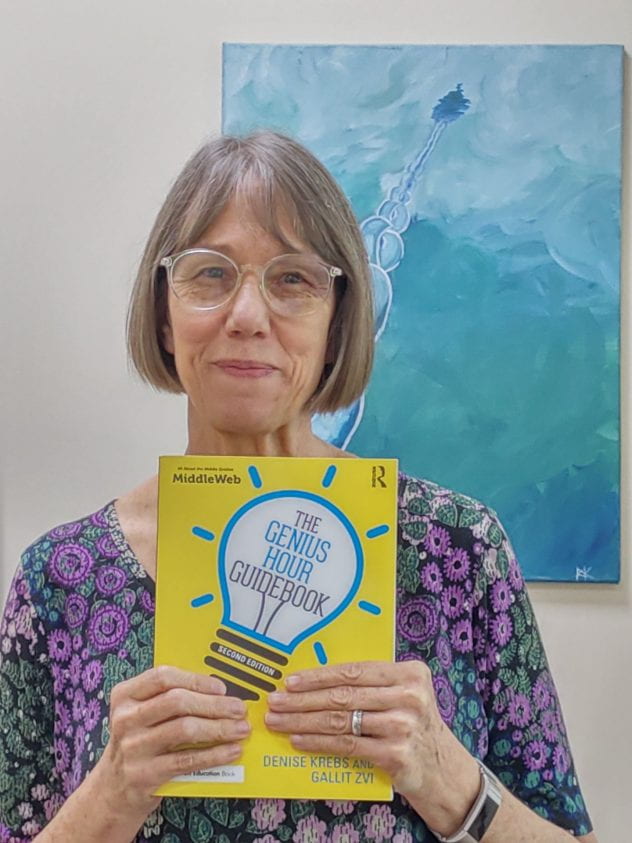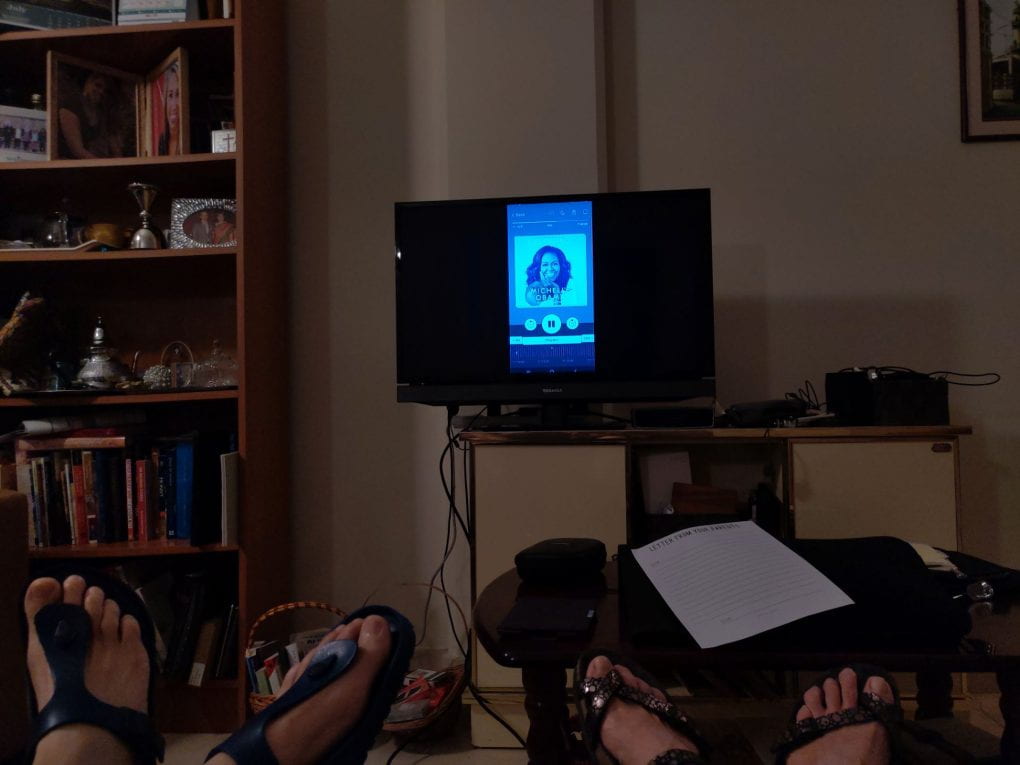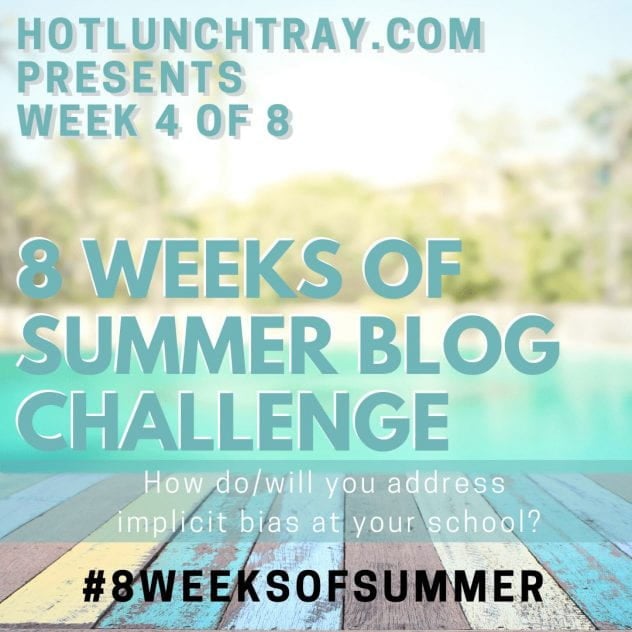Saturday, 18 July 2020 – Rondeau with Mo Daley
Our Final Trip Home
Awaiting our final trip home
Enduring months of the unknown
We’ve been here seven years so great
Always knew the expiry date
A seizure has gripped us and shown
A pompous plague pens a new tome
We will sacrifice to atone
And appease the curse to create
Our final trip home
Have we now reaped what we have sown?
How long before we will have grown
Beyond this harbinger of hate?
I yearn to stop and end the wait
Our final trip home
Sunday, 19 July 2020 – An ode with Tracie McCormick
 Ode to Ginger Spice Cookies
Ode to Ginger Spice Cookies
Oh, ginger spice, you bring joy to life
Your honest and prodigious flavors yearn
To share their beauty and reduce strife
Thank you for your irresistible warmth.
Oh, ginger spice, your flavors dance on my tongue
Sweet, salty, biting hot and spicy
Your flavors blend so fine, but remain unsung
Rivulets of deliciousness flowing within.
Oh, ginger spice, how to describe your color?
brownish-red, bronze, chestnut, copper–
Those are not quite right–they seem a little duller
That’s why you have your own exclusive eponym.
Oh, ginger spice, you are covered with cracks
and crevices, dipped in sugar and teeming with
reasons to overindulge. My healthy eating slacks
As I enjoy one, two, three, four, five, six…

Monday, 20 July 2020 – Ghazel form by Mo Daley
The Jar of Oil
My husband is dead, now what?
My sons will be sold to pay my debt–(the jar of oil?)
Elisha help me, please? What should I do?
What do you have? Nothing, but the jar of oil.
Go borrow jars from all the neighbors
And with them put the jar of oil.
Get a stack, a heap, a mess, a pack,
Get a bevy, a bunch, a load, a lot–the jar of oil.
Then fill them up. Fill them up?
Using what? The jar of oil.
So she and her sons went into her home
Nestled in, the doors were shut–the jar of oil.
She poured and kept pouring into each vessel.
The boys fetched another (This is nuts!)–the jar of oil.
When all the jars were entirely full
the copious cascade cut–the jar of oil.
Elisha simply directed, Go sell the oil.
Pay your debt, live from the glut–the jar of oil.
God’s specialty is filling to abundance what is empty.
In 2020 Denise was emptied to her gut–the jar of oil.
II Kings 4:1-7
Tuesday, 21 July 2020 – Monotetra by Tracie McCormick and Mo Daley
John Lewis
Racism’s scars and stains knew he.
Bloodied, unafraid, fighter free
Forging Beloved Community
Gift of esprit, Gift of esprit
The ‘Conscience of Congress’ is right
Which others will take up his fight?
Remain hopeful, not take to flight
Even at night, Even at night
The menace of his later years
Just one more foe he had to clear
Remained unconquered through our tears
Courage not fears, Courage not fears
John Lewis, determined tower
The unbowed master of the hour
Strong, but gentle as a flower
Rest in Power, Rest in Power
I was inspired by this article: “‘Invictus’ was among John Lewis’s favorite poems. It captures his indomitable spirit.” I incorporated some words from ‘Invictus’ by William Ernest Henley, and some of John Lewis’s words, as well. Here is another joyful video to watch today, a tribute to John Lewis from Stephen Colbert and Jon Batiste.
Wednesday, 22 July 2020 – Praise Poem with Brian Glaser
1
There’s a story in this place
A story no one told me
My ancestors
My teachers
My textbooks
Were whitewashed tombs
The Greatest Generation
Family vets came home from war
bought houses in the suburbs
and graduated from college
Thanks to hard work and persistence
Why didn’t they let me see
the decaying and decrepit
bones inside the tomb?
Family vets came home from war
bought houses in the suburbs
and graduated from college
Thanks to the GI Bill that
worked primarily for white veterans
2
Bill Barr, you are wrong when you said,
“Well, history is written by the winners,
so it largely depends on
who’s writing the history.”
We’re done with that.
The introductory essay
by Nikole Hannah-Jones
in The 1619 Project won a Pulitzer.
3
Story, come anew
Story, come afresh
Story, call us onto your lap
Hold us gently and whisper truth into our ears
And if we don’t hear it this time,
slap us upside the head
Tell us a story to retell to ourselves
A story to tell and retell
to future generations
We’ll be better ancestors
Better teachers
Writing better textbooks
We’ll break the unspoken
Racial contract, the one that denies
All people are created equal
Come quickly, Story
For five days, each month, I write with other teacher-poets at EthicalELA for Open Write. Read more about it or sign up here.
